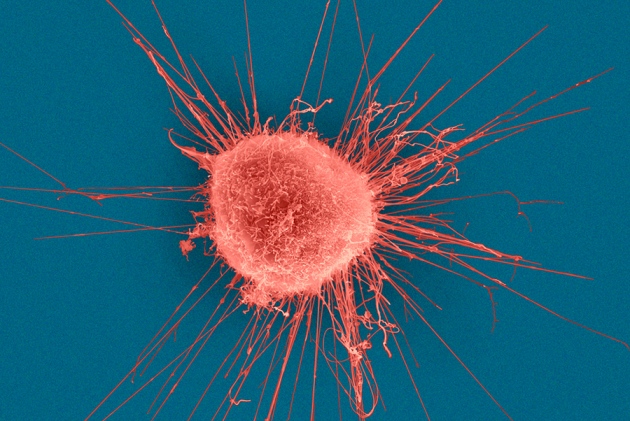Mutation-prone regions in the human genome can foil scientists’ attempts to find DNA sequences responsible for cancer, according to an analysis of genome sequences from more than 1,600 tissue samples.
Tumours often contain many mutations, but it is thought that only some of these mutations contribute to cancer. To pinpoint important mutations, researchers often focus on DNA changes known to occur frequently in tumours.
Lee Zou and Michael Lawrence at Massachusetts General Hospital in Boston and their colleagues compared genomes from the tumours of 1,686 people to samples of their normal tissues. The researchers found that some sections of the genome fold into shapes that make them vulnerable to alteration; this leads to mutation ‘hotspots’. In particular, the team found multiple regions of DNA prone to mutation by the ‘APOBEC3A’ enzyme.
The results suggest that some mutation-riddled regions of the genome, though previously associated with promoting cancer, do not in fact contribute to the disease.







